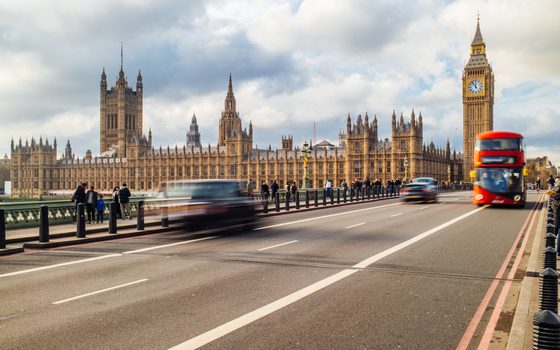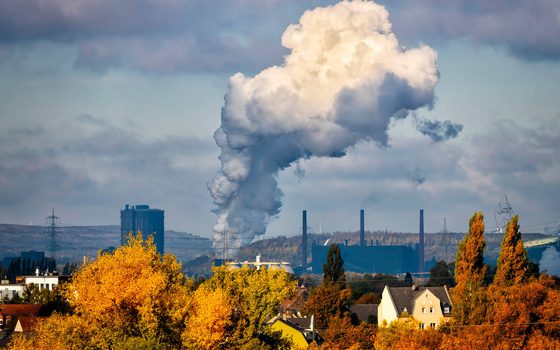£9bn more could be raised through govt’s Energy Profits Levy to ease families’ bills this winter, as prices and profits continue to rise
Increasing govt’s Energy Profits Levy by 20% and removing loopholes would raise £14.3bn overall and £9.3bn more than the government’s previous estimates, over the next 12 months
13 August 2022
Increasing taxes on North Sea oil and gas companies would triple the amount of money the government can raise from fossil fuel companies making excessive profits, which could be used to ease the burden for families this winter. As energy bills continue to rise the government could increase the Energy Profits Levy by 20 percentage points to raise £9.3bn more than the £5bn it is currently expected to generate in the next 12 months, according to new research published by the New Economics Foundation (NEF) today.
The New Economics Foundation modelled the revenue effects of raising the government’s Energy Profits Levy of 25% by 20 percentage points up to 45% and removing loopholes such as reliefs on investment in fossil fuels. These tax reliefs are already bringing in climate thrashing investment in new oil and gas fields that would otherwise not have been feasible.
After including the 40% base rate of tax on oil and gas profits, the new headline rate of tax on oil and gas profits would be 85%. The modelling by the New Economics Foundation shows that, given further expected price increases, this is the rate of tax required to maintain oil and gas profits at historically more normal levels of around £5bn a year.
The analysis follows the news of record-breaking profits by oil and gas majors like BP and Shell which together have reported profits of over £16bn in the last three months, with only a third of these captured through the meagre energy profits levy. These record profits come at the same time as families are bracing themselves for a predicted energy bill increase to £4,266 a year for an average household by January, which is treble last winter’s price cap of £1,277.
Beyond the increase in the headline rate, revenues would be expected to be significantly higher under the New Economics Foundation plan, compared with the government’s initial estimates, because:
- The government tax relief within the new levy on investment for in fossil fuels would be scrapped, previously costing £1.9bn over 12 months.
- Gas prices have risen significantly since the government made their initial estimates. There are a range of projections for expected prices rises over the coming 12 months, with New Economics Foundation modelling using a central forecast.
Chaitanya Kumar, head of environment and green transition at the New Economics Foundation, said:
“Over the last few months, we have seen people from across society come together to demand that the government support families and households with sky-high bills rather than prioritising wealthy energy companies and their profits. The government’s Energy Profits Levy was a good start – getting vital support to those who need it most – but with prices, and therefore profits, continuing to rise, it’s time for the government to wake itself up and act once more. If we increased the levy by a further 20 percentage points, we could raise £9bn more to make sure everyone can afford their energy bills this winter.”
Contact
Sofie Jenkinson, sofie.jenkinson@neweconomics.org, 07981023031
Notes to editors
The analysis Splitting the energy bill: When oil and gas companies are making more money than they ever imagined, it’s time for a higher windfall tax can be found at https://neweconomics.org/2022/08/splitting-the-energy-bill from 00.01 Saturday 13th August.
Total tax raised on higher value of sales in the next 12 months (based on current higher spot prices which continue to be very volatile but forecasts indicate they are more likely to increase further) is £27bn, £14.3bn above what base 40% tax would raise or £9.3bn above that the government’s levy is expected to generate in 12 months (£5bn).
The analysis uses the UK base rate of 40%, the government’s current windfall levy of 25% and adds a 20% increase on excess profits to estimate what a tax of 85% would look like. Reliefs for further fossil investments would also need to be removed, so that the levies raise the full amount.
The New Economics Foundation is a charitable think tank. We are wholly independent of political parties and committed to being transparent about how we are funded.
The analysis uses the UK base rate of 40%, the government’s current windfall levy of 25% and adds a 20% increase on excess profits to estimate what a tax of 85% would look like. Reliefs for further fossil investments would also need to be removed, so that the levies raise the full amount.






